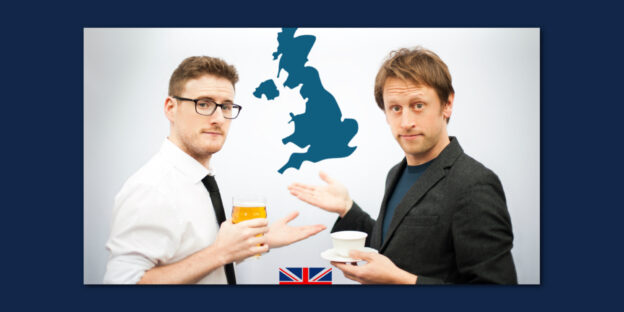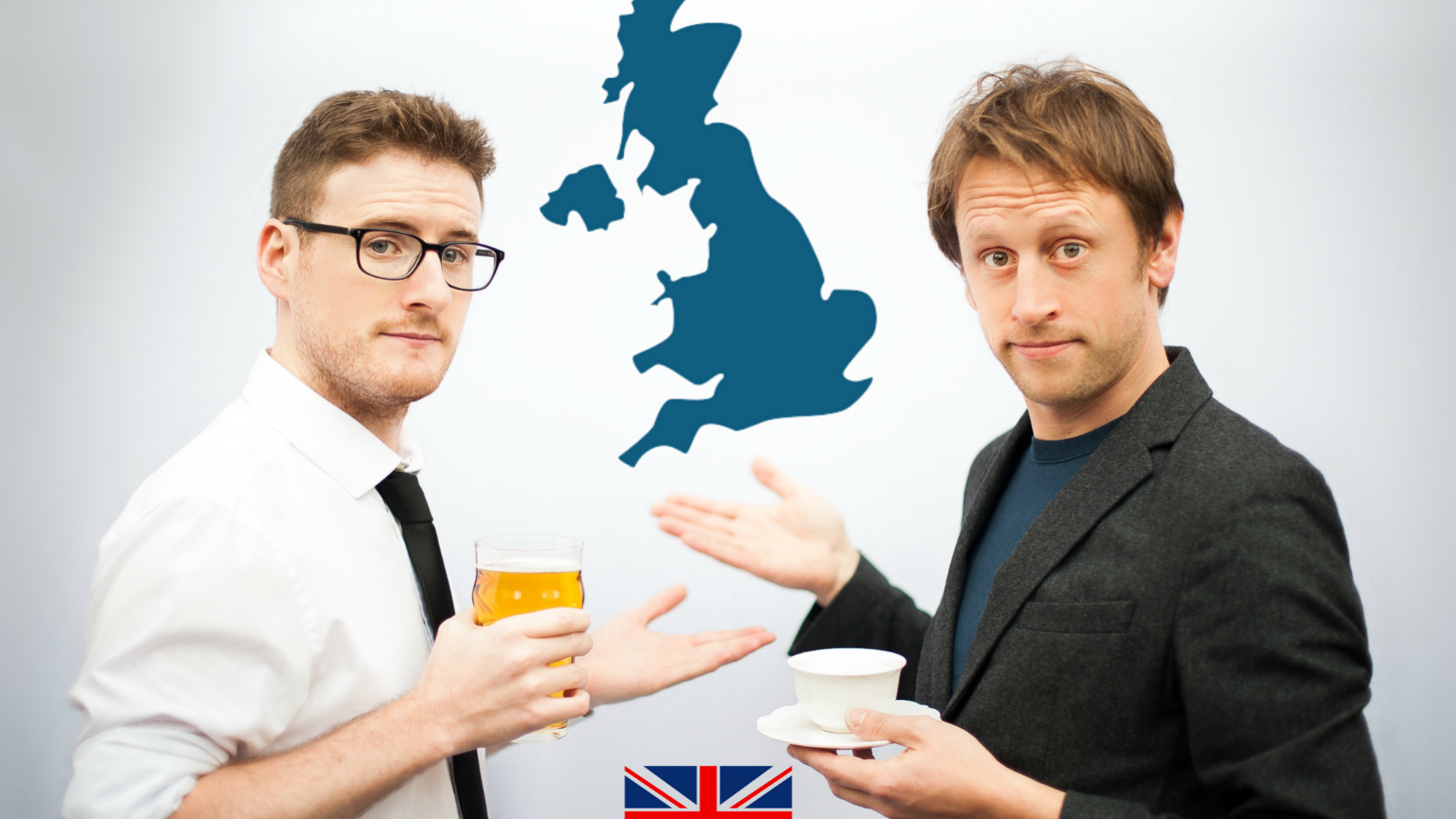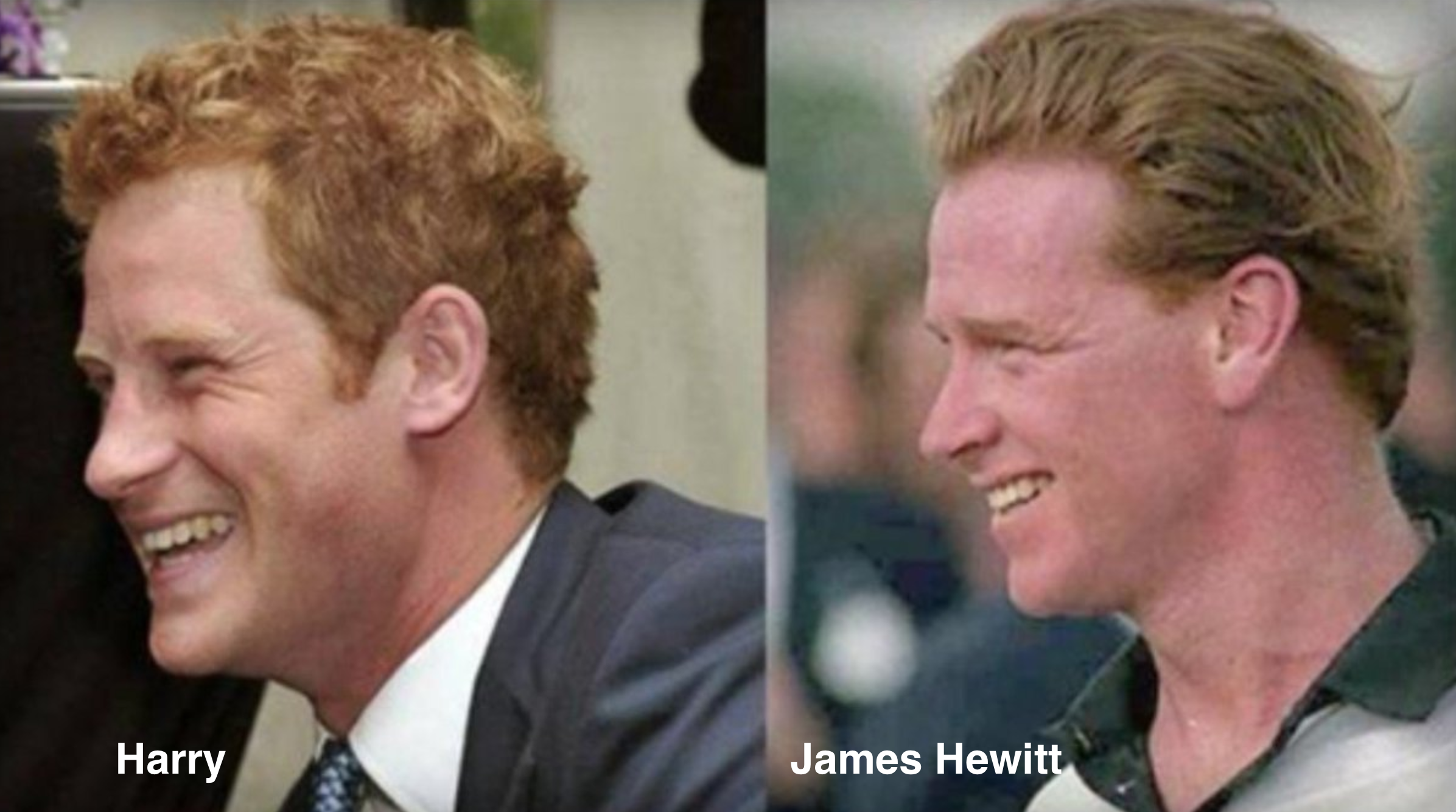Vocabulary explanations and discussions of hot topics from the last couple of years. Talking about some controversial political stuff like the rise of fascism and anti-fascism, the relative popularity of UK opposition leader Jeremy Corbyn, and how the winter season changes people’s feelings about romance and relationships. Transcript available.
![]() [DOWNLOAD]
[DOWNLOAD]
Episode Transcript (99% complete)
Right, so this episode series is all about the Collins Words of the Year. You’re listening to part 2, now. Obviously I recommend that you listen to part 1 of this first because that’s how numbers work. 2 generally comes after 1. You knew that already.
You can do what you like of course. You could listen to part 2 first and then listen to part 1. Maybe English is your favourite subject, not maths, so ok feel free to just forget about numbers and sequences and just listen on.
 The Collins Words of the Year
The Collins Words of the Year
Collins is a company that makes dictionaries and every year they release a list of their “words of the year”. These are words that have been used a lot in the last 12 months and seem to sum up the general mood of the moment. The words represent things that have been happening in culture, politics and general life during the year.
In this series I’m talking about the Collins Words of the Year for 2017, I know that’s last year but the words are still very relevant to what’s going on now in 2018 when I’m recording this.
I’m defining the words and then just talking about how they relate to what’s going on at the moment. When I’ve been through the words for 2017 I’m going to go on to the words for 2018, hopefully joined by Amber, for a bit of conversation rather than just me ranting or rambling on my own.
In 2015 the Collins word of the year was binge-watch. In 2016 it was Brexit.
In the last episode I talked a lot about fake news which was the word of the year for 2017.
So let’s keep going through the rest of the word list for 2017 now then.
Antifa
 noun: (1) an antifascist organization (2) a member of an antifascist organization
noun: (1) an antifascist organization (2) a member of an antifascist organization
adjective: (3) involving, belonging to, or relating to an antifascist organisation
I think Antifa are mainly in the USA, but there are probably similar counter-protest antifascist groups in other countries. Antifa though is mainly a US term for a US phenomenon. Having said that, with the pervasiveness of the internet, this word and its associated ideas and vocabulary has spread to many areas of the English-speaking world, because much of the time these so-called fascists and anti-fascists are clashing with each other online, not just within the borders of a particular country.
Certainly, I keep seeing arguments in comments sections of different websites, like YouTube, Twitter etc. I know, I probably shouldn’t read those comment sections because it’s like entering the sewer system or something – it’s smelly and you might catch something down there, but I can’t help myself, I always get fascinated by the often angry comments that people write and the petty arguments and stuff.
It’s often very unpleasant and you can read some shockingly racist views and other ideas that are quite depressing. I find it both amusing and disturbing how even some innocent YouTube videos about non-controversial topics have comment sections which descend into awfulness.
So anyway, the word ‘antifa’ probably relates to people in physical spaces in the USA, but this whole topic area extends beyond those borders when you’re online, in English.
Antifa is a kind of reduced portmanteau word – anti-fascist, reduced to antifa. As Trevor Noah on the Daily Show said, the name is quite convenient for anti-fascist demonstrators because you don’t need to be able to spell fascist to be able to use it. By the way, fascist is spelt f a s c i s t.
Oh god. This topic’s a bit heavy isn’t it! Fake news in the last episode got a bit deep and dark, and now we’re talking about fascism and stuff. I promise there are more light-hearted words in this list, ok? Fidget spinner is one of the words that’s coming up – that’s less heavy and political, isn’t it? So, don’t worry, fidget spinners are coming, although the world has probably moved on from fidget spinners already, hasn’t it?
Anyway, this word is antifa and it’s kind of all about punching fascists, like Captain America. OK, here we go then.
What I’m going to do here is read from a page on the BBC’s website. Some people listening might say that is biased information because it isn’t negative enough or critical enough of anti-fascists, but I would say that this is just information about Antifa and if you read or listen objectively you’ll see it neither glorifies nor condemns the movement, just describes who they are, what they want and what they do.
http://www.bbc.co.uk/programmes/articles/X56rQkDgd0qqB7R68t6t7C/seven-things-you-need-to-know-about-antifa
The main thing is that Antifa became a phenomenon since Trump’s inauguration in 2016 and continued through 2017 and beyond in response to the rise of the far-right in many places.
The story here is – the far-right are rising. What’s the solution to that? Punching them in the face? I don’t know. That’s not all Antifa do of course, as we just read in that article. According to Antifa, the usual legal methods for resisting this “creeping authoritarianism” are not working because the system doesn’t properly deal with it. They might cite the fact that US President Donald Trump belongs to this movement that they’re fighting against and is kind of the figurehead for it, so to Antifa protesters, the current political administration is part of the problem, and so they take matters into their own hands.
Basically, this shows the extent to which the USA is divided – you have groups fighting online and in the streets. It’s not just the USA too – groups with strongly different ideological or political opinions are clashing all over the place. The far right are rising in many areas and so are groups that want to resist them.
What about in your country? What is the status of the far-right there? Are they actually in government or having a significant influence on the government? Does your political system provide adequate opposition to the current administration? In what way? What kind of movements and counter-movements are there, and where are they? Is there fighting going on? Where is it happening? Between who, and why? Are fascists and anti-fascists clashing? What are the reasons for this and how is it affecting society?
By the way, fascist is a dirty word isn’t it? I mean, not many people these days are proud to call themselves fascists, are they? Some people are, but I think generally the word is not favourable because it obviously has so many negative connotations that people, understandably, want to distance themselves from the word.
What’s more common is that people use the word fascist against anyone they don’t agree with and who they see as exercising too much authority or power. Fascist is generally used as a term of abuse, I think. Everyone seems to get called a fascist these days – including the far right mostly but also movements that come from a left-wing and liberal position, like social justice campaigners or the political correctness movement, who basically want to create equal opportunities for everyone – they just want a level playing field and they get called fascists sometimes by people who see them as being too controlling and even oppressive with their methods of trying to achieve equality, which is ironic.
It’s like right-wing people say “Hey, the way you’re trying to force us to treat everyone equally and fairly is too controlling, it’s fascist! You don’t get to force me to give everyone a fair chance, that’s fascism!” Pretty weird.
But I think in most people’s minds, the word fascist is still associated with things like racism, sexism, homophobia, authoritarian power, militarism and the silencing of political opposition.
I’m sure I’ve got some people listening to this who will feel it necessary to defend the fascists, or to redefine fascism as actually something really quite nice, reasonable and positive – like “hey, it’s just people trying to defend their interests”, but there it is, I think in general, as I said, fascism is still defined in negative terms, and why not?
Going back to the point – this is one of the words of the year because it shows that fascism is on the rise again – or arguably has risen again, and so this response to it – Antifa – be it violent or non-violent, has also risen too, and this is the story.
I’m not going to attempt to deal with this subject any further in this episode of this podcast for learners of English, so I am now stepping away from the topic slowly… Just back away from the whole area Luke… carefully now. Be careful not to trip up on anything, just back away nice and slowly, move away from the subject and close the door quietly…
 Corbynmania
Corbynmania
noun: fervent enthusiasm for Jeremy Corbyn, the leader of the UK Labour Party
Oh god, more politics.
This is a bit 2017. I think Corbynmania is arguably over now.
We’ll see how things pan out with Brexit. Corbyn still might end up being our Prime Minister if that’s possible, if we have a general election because Parliament loses confidence in the government over a failed Brexit deal and if Labour win the election, we might end up with Jeremy Corbyn as PM.
Try to sum up Corbynmania.
I’ve moved from one political hot potato to another here…
Basically, Jeremy Corbyn is the opposition leader and he doesn’t really fit the ‘mainstream’ profile of a political leader. He’s pretty popular with younger voters who might be university students – the sorts of people who are quite left-wing and don’t like modern Conservative policy and even the policies of the New Labour movement which was created by people like Tony Blair.
Corbyn’s vision for the UK is more like old-fashioned democratic socialism. He doesn’t look or sound like the kind of slick, career politicians you see on TV. He’s a bit like Bernie Sanders in the USA. He’s older, grey, has a beard. In a way he’s like a kind of Obi-wan Kenobi figure, but that doesn’t mean to say everyone loves him, it’s just that the people who do like him, really like him and in 2016 and 2017 this meant a lot of younger voters.
At the Glastonbury music festival in 2017, Corbyn went onto the main stage and delivered a big speech in front of a cheering crowd of music fans flying flags with hearts and rainbows and so on and posters saying “bollocks to Brexit” and things like that.
He’s a bit like the anti-Trump (or in the UK that means anti-conservative or anti-right) and his speech actually included a lot of messages directed at Trump and his policies, for example saying we need to knock down walls between people, not build them up. “Build bridges not walls” and pushing the message that it’s unfair that there’s so much poverty in our society when some people are so very rich. It’s like what Bernie Sanders says – there’s something deeply wrong with our society when a tiny percentage owns the vast majority of the resources and the capital, and this is because of a huge imbalance of power – the 1% owns all the money and therefore also has the power, and are untouchable, and the Conservative government or the establishment don’t do enough to redress this imbalance.
The Glastonbury speech was mainly about those kinds of liberal values and the crowd loved it.
To be fair he was preaching to the converted but anyway, it showed that he’s got a lot of fans.
Not everyone loves him though, of course. He has critics and his party, The Labour party has lots of internal problems – they’re split over the direction Corbyn wants to go and other issues.
Some people feel that Corbyn is too radical or idealistic and that with him as leader, Labour doesn’t stand a chance of winning a general election because he doesn’t attract people from the centre or right, he just appeals to his fans more and more strongly. Maybe we can hear some of that speech.
He sort of stole the show at Glastonbury actually. What does that say about the current situation, that a politician making a speech can be the most popular or talked about event at a huge music festival? Perhaps it shows that politics is alive and well, or that our music scene is terrible, I’m not sure.
A quick dip into the comment section of that video?
The positive
mkur 1 year ago
If Teresa May did this, she’d get lynched! Never known so many people take to a political leader like they have Jeremy Corbyn. Long may it continue. Corbyn for PM! (121 likes)
Gstar Warmed 1 year ago
The most important political leader of this generation, demanding peace, equality and socialism. This is an incredible moment. JC4PM (146 likes)
The negative
Dave Lombardo1 year ago
You think the uk is fuked now,it will be totally fuked if he bocomes pm…. (3 likes)
The Truth (1 year ago)
Bahahahaha Corbyn, Glastonbury, and the champagne middle-class socialist Glastonbury kids are delusional. (4 likes)
baldieman64
1 year ago
“if you can see that far, look on the wall right over there that surrounds this wonderful festival. There’s a message on that wall for President Donald Trump. Do you know what it says? Build bridges not walls”.
Hilarious!!!!
You couldn’t make it up..
The message is painted on a wall. A wall that exists to keep out those who haven’t contributed to the cost of making the festival happen. Kinda like a border…. (2 likes)
Moving on…
 Cuffing season
Cuffing season
noun: the period of autumn and winter, when single people are considered likely to seek settled relationships rather than engage in casual affairs
“Cuffing” means to become locked to something with handcuffs. To be cuffed to something – attached to something with handcuffs. I suppose “cuffing season” then means when people get attached to each other, permanently. The idea of handcuffs can either be negative – like being caught by the police and jailed, or it can be kinky – using handcuffs during kinky sex.
But “cuffing season” isn’t really negative and although it might involve sex it’s more about intimacy and making a permanent commitment to being with just one person. Cuffing season refers to this period of the year when people feel like settling down with one person in a secure relationship. Perhaps it’s because during the winter it gets dark and cold and you want one person who you can snuggle up with and feel secure with. It seems that people perhaps are more likely to get into serious long-term relationships at this time of year. I don’t know if there’s any real research to back this up.
From personal experience I can say that I first got together with my wife in the winter, so maybe there’s some truth in this idea. What about you? Are you in a committed relationship? When did you first get together and get serious about each other? Was it in the autumn or winter, during “cuffing season”?
I’ve never actually heard anyone say “cuffing season”. I’ve never used the term. I don’t think people actually say it a lot, but it is the sort of language you might read in articles about lifestyle and relationships. Sometimes these buzzwords are just used a lot in the media, rather than in every day conversation.
Cuffing Season (from the Metro – December 2017)
Read through this article – do you relate?
When did you meet and get together with your partner?
How do you deal with the dark and cold periods of winter?

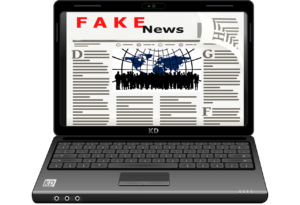 Fake news
Fake news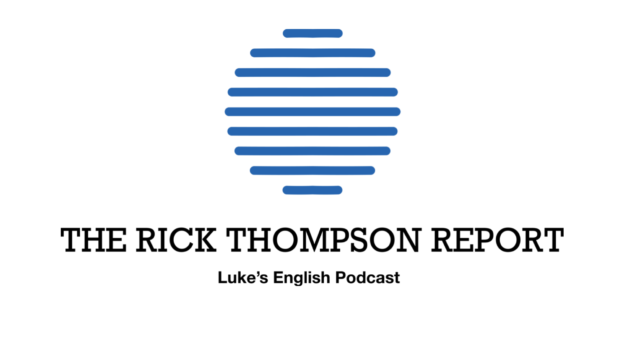


 Britain’s first insect restaurant opens
Britain’s first insect restaurant opens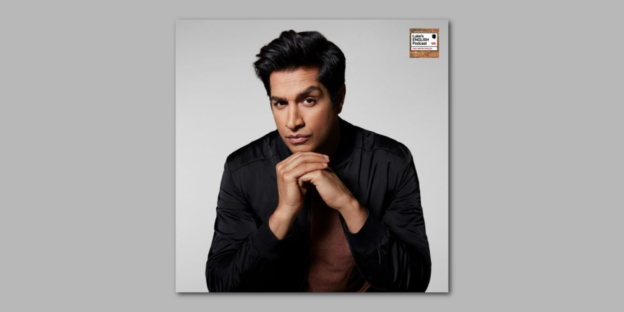
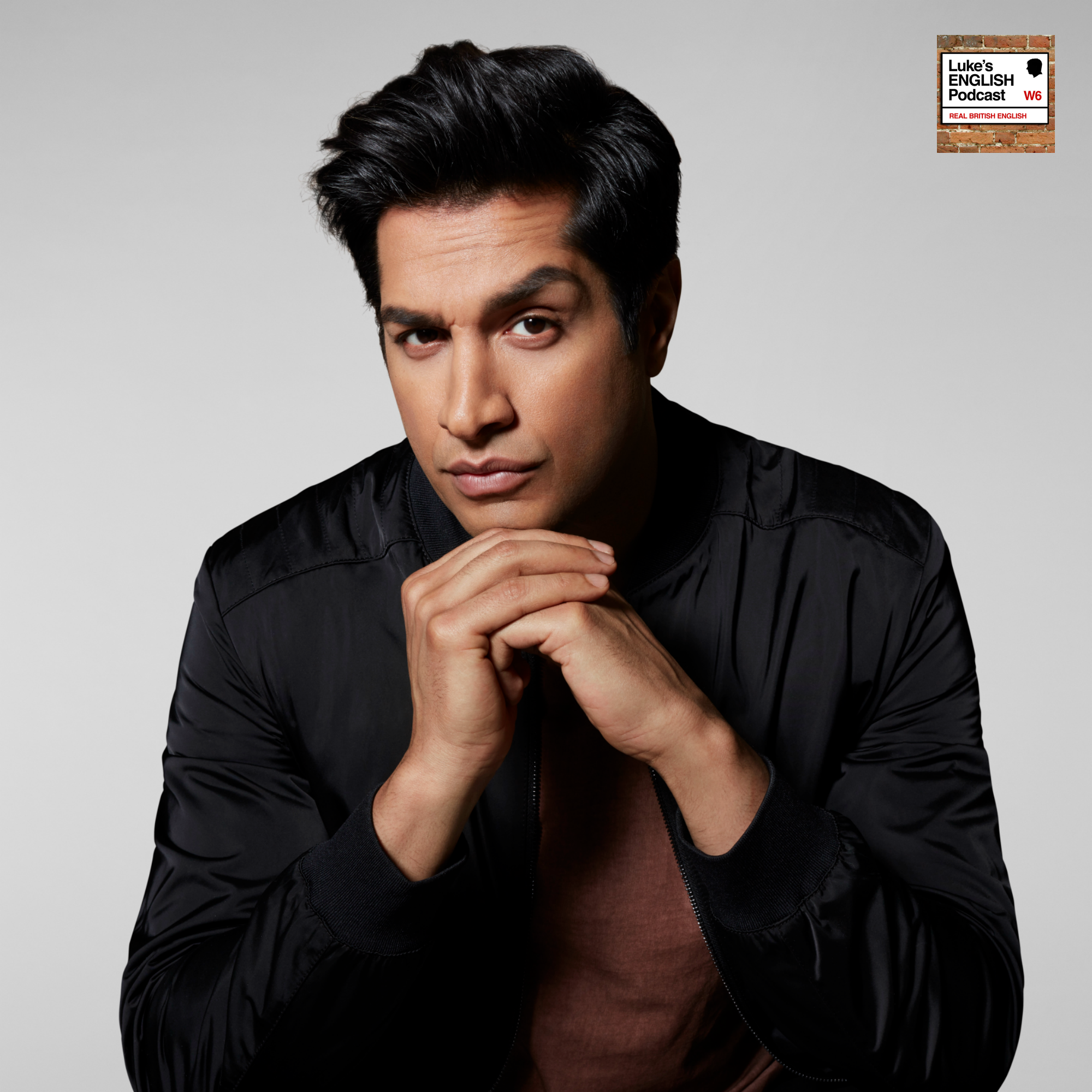 Hello, welcome back to the podcast. Here is part 2 of my conversation with Canadian multilingual stand up comedy sensation Sugar Sammy.
Hello, welcome back to the podcast. Here is part 2 of my conversation with Canadian multilingual stand up comedy sensation Sugar Sammy.